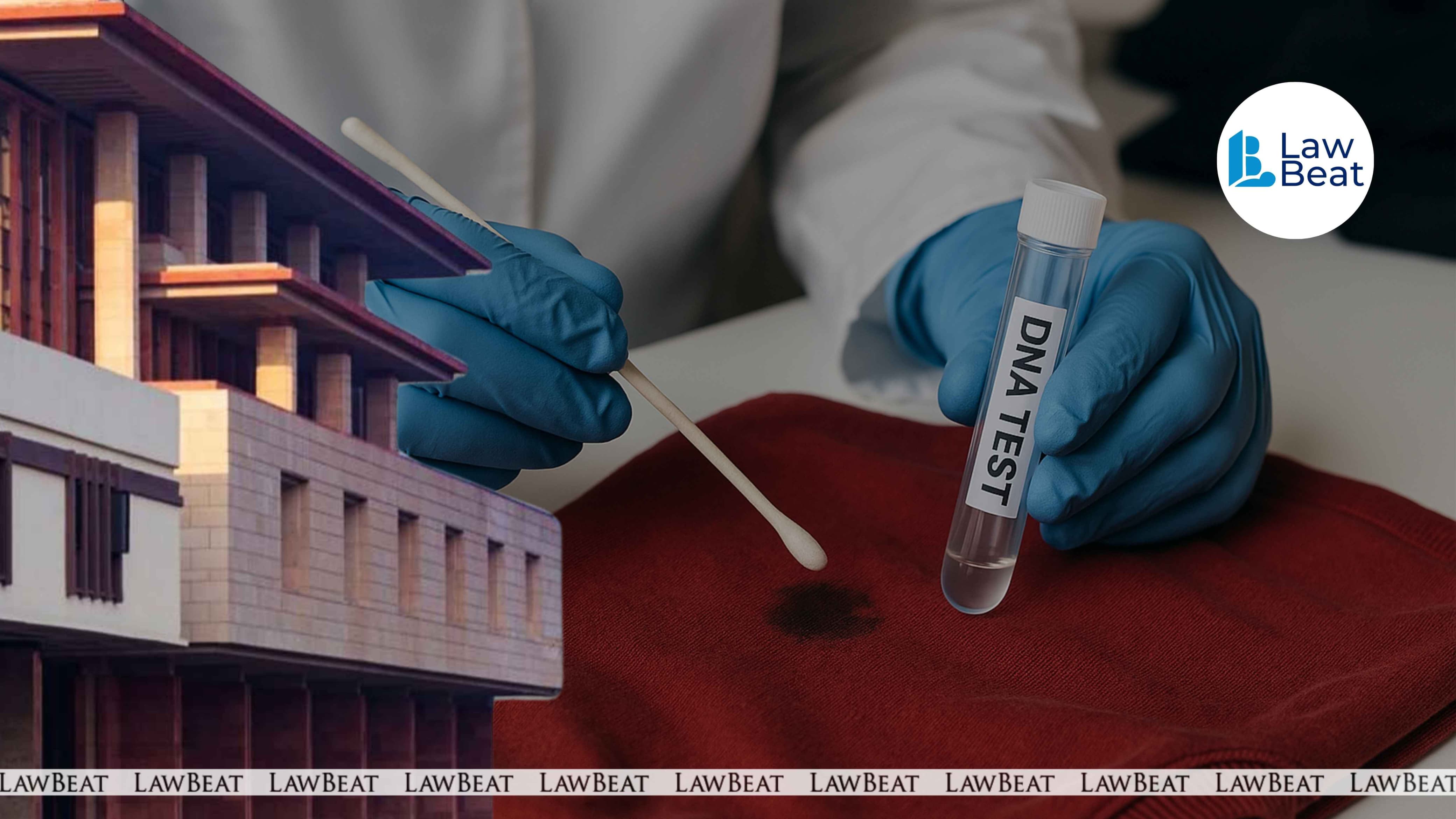Delhi HC Allows DNA Testing At Stage Of Final Arguments

The court emphasized, “It cannot be overlooked that the conclusion of the DNA Report is an independent scientific methodology, which would help the Court in an endeavour to reach the truth for achieving justice”.
The Delhi High Court, recently, allowed DNA testing in a case at the final stage of arguments in a trial, noting that DNA testing is an independent scientific method that assists in uncovering the truth to ensure justice.
The bench of Justice Neena Bansal Krishna held, “the trial may have concluded and the case may be at the stage of final arguments but the interest of justice, demands that the truth must be discerned to determine the guilt of the accused; in fact if there can be any independent evidence which may help in determination of the guilt or innocence of the accused persons, must not be refused to be brought on record on the specious ground of Delay, especially when it entails such serious offence as S.302”.
These remarks were made in response to a petition filed by the father of a deceased son, requesting DNA testing of his son's clothes and those of the accused. The case was filed in 2013, and by the time this petition was filed, the case had reached the stage of final arguments.
However, the previous forensic reports had remained inconclusive regarding the presence of blood stains. The complainant contended that confirming the presence of the deceased’s blood on the accused’s clothes would establish his presence at the crime scene, making DNA testing essential for ensuring a fair trial.
The prosecution emphasized the necessity of employing advanced forensic techniques. The accused, however, opposed the application, arguing that the forensic reports were procured three years earlier and that the application was filed at an unduly late stage.
The trial court had dismissed the application on April 15, 2017, reasoning that the provisions invoked by the complainant did not authorize such expert examinations at this stage of the proceedings. It further observed that allowing the application at the stage of final arguments might appear to be an attempt to introduce fresh evidence in favor of the prosecution. However, the trial court clarified that the prosecution was not precluded from seeking further investigation under Section 173(8) Cr.P.C.
Aggrieved by the dismissal, the complainant challenged the order, arguing that DNA evidence held crucial significance in a case based entirely on circumstantial evidence. The complainant emphasized that forensic advancements should have been utilized to ensure a fair investigation and that the trial court ought to have permitted DNA testing, even if the prosecution had not sought it earlier.
The high court had to consider “Whether the said Application should be allowed especially when the case is at the stage of final arguments”.
The court underscored that the primary objective of a criminal trial was to ascertain the truth based on evidence. The court reasoned that despite the case having reached the stage of final arguments, it was imperative to ensure that all pertinent evidence was taken into account, particularly in a grave offence such as murder. It rejected the contention that the application had been filed belatedly, asserting that independent forensic evidence should not be disregarded merely due to procedural delays.
Citing Narayan Dutt Tiwari v. Rohit Shekhar (2012) 12 SCC 554, the court highlighted the significance of scientific methods in legal proceedings. The court observed, “While the Evidence Act and Criminal Procedure Code were drafted more than a century back when the scientific tools were not available and the methodology of investigations was largely dependent upon the traditional mechanisms, but it cannot be loss sight of that as and when the scientific methods of investigations have become available”. The court noted that amendments to the Cr.P.C., including Sections 53, 53A, and 54, had recognized the role of DNA testing in criminal investigations.
Since scientific methodologies had been available at the time of the offence, the court ruled that DNA testing was justified, especially in a case based on circumstantial evidence. It emphasized that DNA results could have been advantageous to both the prosecution and the accused, thereby ensuring an impartial determination of the truth.
Consequently, the court allowed the petition and directed that the clothes of the deceased and the accused be sent for DNA testing within 15 days.
For Petitioner: Advocates Mohd. Shamikh and Mohd. Javed
For Respondent: Additional Public Prosecutor Digam Singh Dagar
Case Title: Nand Kishor v State (2025:DHC:2198)
